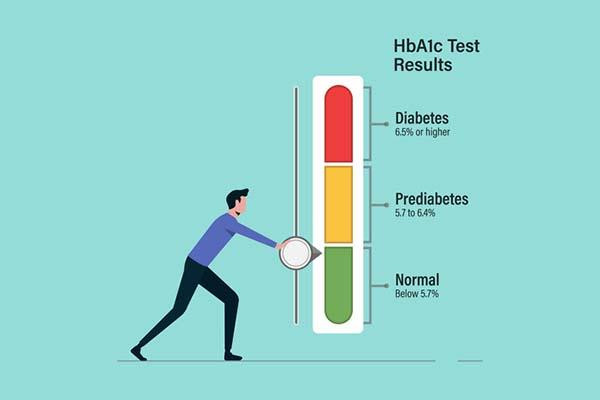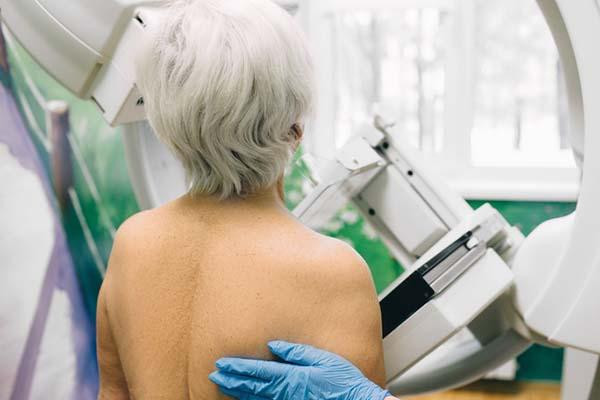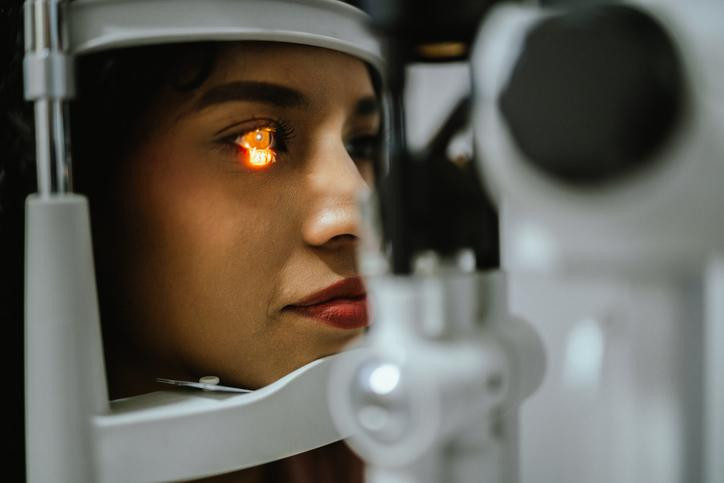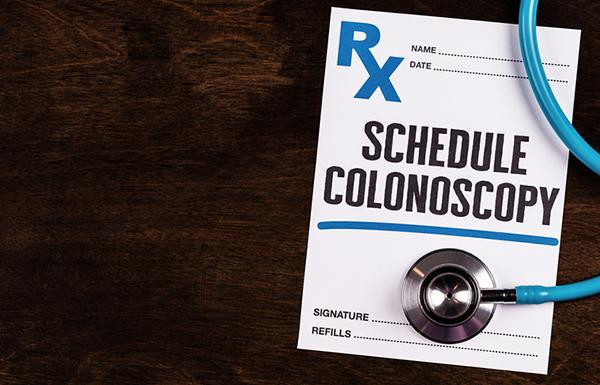
New thinking about plaque in arteries that feed the brain

Want to prevent shifting teeth? Maybe you need retainers

New evidence that polyphenol-rich foods help the heart

What you need to know about the new dietary guidelines

Food that’s healthier for people and planet can be cheaper, too

What are somatic workouts?

How to curb your stress eating

8 simple ways to reduce ultra-processed foods in your diet

How to spot Parkinson’s disease symptoms

Heart failure symptoms in women: How they’re different
Medical Tests & Procedures Archive
Articles
What to know about heart palpitations
Heart palpitations are sensations of a pounding or racing heartbeat, often triggered by stress, stimulants, or hormonal changes. They’re usually harmless but should be checked by a doctor. Palpitations may improve with lifestyle changes or treatment for underlying conditions.
The best test to measure your diabetes risk
A hemoglobin HbA1c test is standard for anyone at risk for diabetes or anyone with diabetes. The HbA1c is a blood test that shows a person’s average blood sugar levels over a three-month period.
When can older women stop getting mammograms?
Mammogram screening guidelines for women 74 and older vary considerably. Randomized, controlled clinical trials have not examined the implications of screening mammograms in women 70 and older, and treating tumors unlikely to reduce life expectancy can harm women.
What is a bubble study?
Performed during an echocardiogram, a bubble study involves injecting a small amount of fluid filled with tiny bubbles into an arm vein. It can reveal the path of blood flow through the heart and provide clues about the cause of an unexpected stroke.
Retina scan may provide clues to early heart disease
A scan called retinal optical coherence tomography angiography, which provides detailed, three-dimensional images of blood vessels in the retina, may help identify people who should be screened for atherosclerosis, according to a 2025 study.
A Christmas Eve memory: Science leads to cures
Science has made astonishing progress in the past 60 years in many areas. Examples include the ability to repair certain defective genes, use stem cells to treat certain diseases, detect and fight many cancers, fight viruses with medications, make organ transplants work, and prevent disease with vaccines and lifestyle changes. Thanks to technological advances, doctors can also see clearly inside the body and use artificial intelligence to speed the development of new medications.
How to prep for a successful colonoscopy
Bowel preparation (prep) is considered the most unpleasant part of the colonoscopy process, but it’s also crucial. A clean bowel helps the gastroenterologist more easily locate and remove polyps, small growths that can develop into cancer. If the prep is inadequate, the patient will have to repeat the process. Updated guidelines for gastroenterologists, published in 2025, can help them guide their patients to have more successful preps.

New thinking about plaque in arteries that feed the brain

Want to prevent shifting teeth? Maybe you need retainers

New evidence that polyphenol-rich foods help the heart

What you need to know about the new dietary guidelines

Food that’s healthier for people and planet can be cheaper, too

What are somatic workouts?

How to curb your stress eating

8 simple ways to reduce ultra-processed foods in your diet

How to spot Parkinson’s disease symptoms

Heart failure symptoms in women: How they’re different
Free Healthbeat Signup
Get the latest in health news delivered to your inbox!
Sign Up









